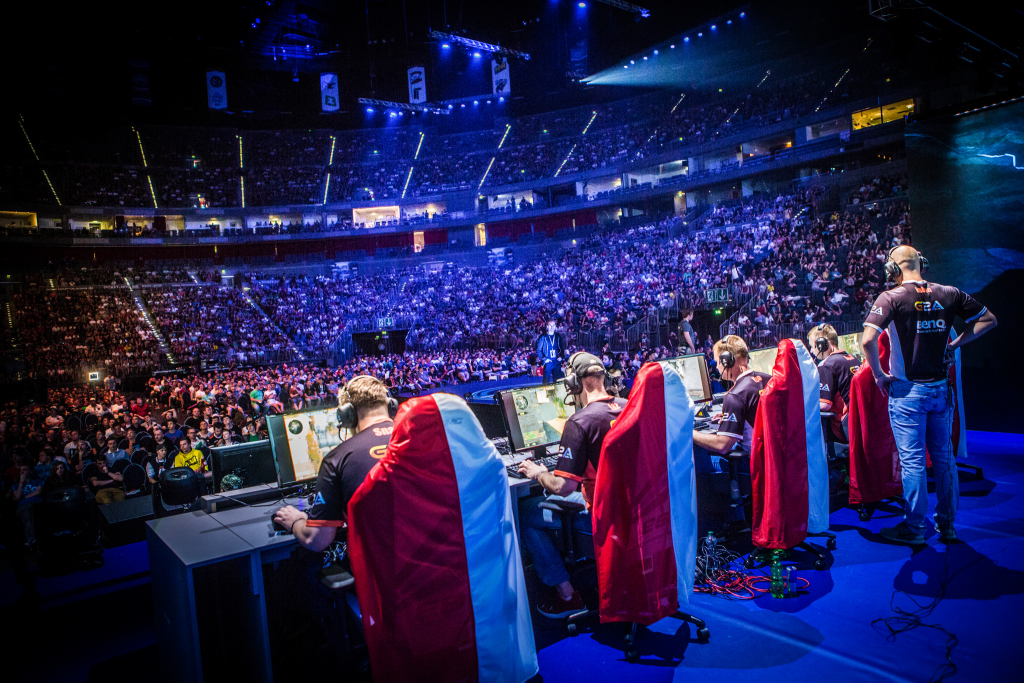Student Research | A Hybrid Recommender System for Destiny and eSports
By Kevin Zhai, Class of 2017
This excerpt is taken from an MSiA student research blog posting. Each month, students in our program submit original extracurricular research as part of our blog competition. The winner(s) are published to the MSiA Student Research Blog, our program website, and receive a chance to attend an analytics conference of their choice. Visit our blog to see more.

Introduction
While the obvious applications of data science are domains like healthcare and financial services, the world of video games is ripe for advanced analytics. Gaming is a large industry, with $101 billion worldwide revenue in 2016 [1]. Compare this with the $38 billion global revenue for movies in 2016 [2] and it’s clear just how massive gaming has become as a source of entertainment. Digging deeper, we can examine the rise of eSports. Short for electronic sports, eSports encompasses the competitive gaming world where professional gamers train and compete to become the best. This industry forms a rapidly growing segment of the games market, with revenues projected to double to $1.5bn by 2020 [3]. Over 320m people worldwide watched or played esports in 2016 – a number expected to exceed 580m in 2020. With such high growth, it’s clear that this space will be primed for innovation. The question remains: how can data science fundamentally affect eSports and video games in general?
The fact is, gaming analytics represents a unique domain through which to apply machine learning. In the big data context, gaming data is high frequency and longitudinal. A game server may carefully track every single action of a player in their lifetime. Having interned for EA games this summer, I had an inside look into exactly how much game studios are collecting and processing. All games, from large AAA games to mobile games, track every single metric you can think of, from exactly how many steps your character moved across the map to every single second you spend in each game mode. This can be contrasted with web analytics. A company like Amazon collects a ton of data about its users through the marketing funnel and product purchases, but the number of touchpoints is dramatically decreased when compared with games. While most web analytics deals with optimizing for conversion metrics, gaming data must be used to optimize for user experience in order keep players around. As a result, developers and researchers can do fascinating things with gaming data in order to better understand the players.

